Future Doctor Driven to Find Cure for Disease That Ails His Mother
December 09, 2024
Class of 2024 graduating senior Connor Hester was able to attend UNT Dallas thanks to Dallas County Promise, a workforce development partnership that pays college tuition for deserving and eligible students.
Now, he’s made a promise to “make people’s lives better” by helping find treatments and cures for diseases that affect millions of us. As Hester prepares to cross the commencement stage on December 17, while receiving a Bachelor of Science degree in biology, he can’t help but think back to four years ago and all that has come since then.
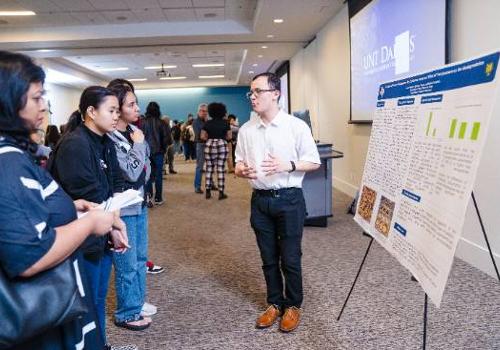
“COVID was the floodgates,” said Hester. As a freshman, he was forced to start his undergraduate studies by taking remote classes in the Fall 2020 semester. Then, his mother, father and sister all tested positive for the COVID-19 virus. “It was not easy, but we got through it,” he said modestly. Hester cared for them, all while staying masked and ensuring he remained healthy.
The passion and compassion that motivate Hester can be traced back well beyond the pandemic. He loves history and reading. “I enjoy the company of books,” Hester said wryly.
In third grade, Hester read A Glorious Way to Die: The Kamikaze Mission of the Battleship Yamato, a book of his dads from college – heavy stuff for an eight-year-old. In fifth grade, he loved “spilling out my knowledge and teaching other students,” he said.
In middle school, as Hester wondered what kind of job he might want someday – knowing he enjoyed sharing knowledge – he thought about becoming a college professor. Even at 12 or 13, he envisioned himself on a campus collaborating with bright minds. “At the time, I wished I could ‘time travel’ right into college,” he laughs.
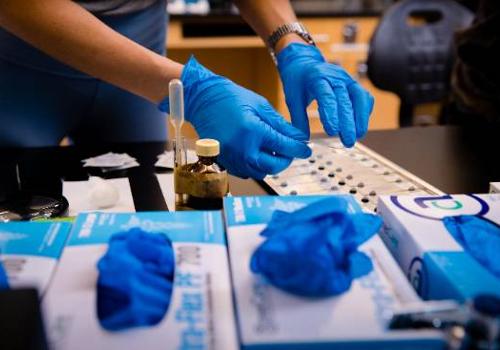
Or maybe a lawyer. Hester took debate class in high school, in part, because he thought it might provide a sort of pre-pre-law training. He imagined making powerful arguments in court “to help people get what was rightfully theirs.”
Then Hester had an epiphany. “The legal system may not be the best way to help people,” he said, recognizing cases can drag on for years with unpredictable results.
That stark realization cemented Hester’s decision to become a doctor – specifically a researcher. He wants to dive deep to discover clues about illnesses and diseases and use that knowledge to improve lives. Hester says the song “Lean on Me” describes his personal ethos.
“Sometimes in our lives
We all have pain
We all have sorrow
But if we are wise
We know that there's always tomorrow…”
That lyric from “Lean on Me” could describe patients who will benefit from Hester’s future research. But they could also describe someone very close to him, who needs his support now.
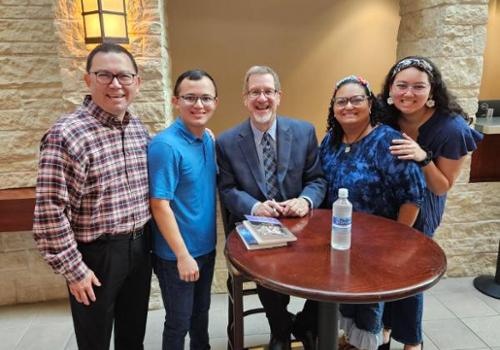
“It shaped me without hesitation,” Hester said, about his mother’s diagnosis with Rheumatoid Arthritis, a chronic inflammatory autoimmune disorder. It can affect joints, bones and other parts of the body, including skin, eyes and organs. Connor's parents told him about her illness when he was in high school.
“It’s debilitating. It’s so hard to see people you love not be able to do things like shopping and walking,” Hester said. “It really motivated me to keep driving myself.”
Hester said that witnessing the effects of RA on his mother over time, especially during colder weather, made the disease more real and understandable. “It’s one thing to see it once,” he said. “It’s another to see the mountains and valleys over the years,” describing the ongoing ebb and flow of symptoms.
Rheumatologists, sonograms, blood tests. There are many aspects to treating people with RA – and so much time needed for appointments and procedures. Making matters even more challenging, Hester’s grandmother has Lupus, a similar yet different autoimmune disease. For a son, grandson and future doctor, “It’s been a foundational experience,” Hester said.
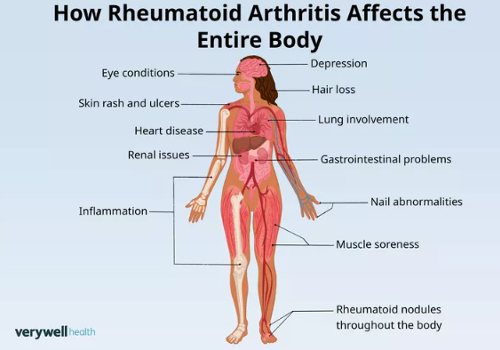
Hester put that experience to good use in the research he has conducted over the past four years. In 2023, under the guidance of Dr. Mohammedmehdi (Mehdi) Eslamieh, a lecturer of Natural Sciences, Hester studied the biodegradation of polystyrene, a commonly used type of plastic. He tracked how super worms that ate the plastic affected the biodegradation process and what that could mean for the environment. Hester was chosen to present his research at the Texas Tech University Research Conference. “It was an amazing opportunity to refine my presentation skills,” he said. s Clip
Hester’s project won the LEDA Outstanding Commercialization Award from the Lubbock Economic Development Alliance, chosen among ten competitors. The designation means judges felt his project had the best future potential as a commercially viable business. “It was a significant moment,” he said.
Later, Hester presented his research at the annual UNT Dallas Student Research Symposium, along with other students whose projects were equally impressive. Hester also had the privilege of explaining his research to the UNT System Board of Regents when they met at UNT Dallas in May,
Hester’s other research included extracting E-DNA from microspecies living in White Rock Lake and studying the decomposition of fetal pigs.
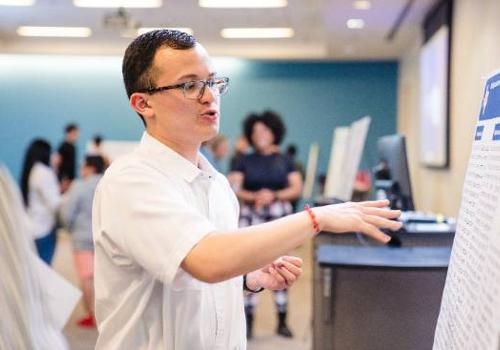
To gain that practical research experience, Hester applied to the Bridges Across Texas Louis Stokes Alliances for Minority Participation grant program, known as BAT-LSAMP. It is funding by the National Science Foundation and provides programs, resources, academic experiences, and financial support to students pursuing a STEM degree. “It’s such a blessing. I used the money for books,” Hester said.
With graduation just a few weeks away, Hester has a lot of people to thank for his accomplishments at UNT Dallas. First, his parents. “They’re my pillars,” said Hester. Then, his professors and mentors, including Mehdi, Kelly Varga, Mohammad Yousufuddin, Nicholas Lorusso, and Keriman Livingston. “It’s been a privilege to be molded by all these faculty,” Hester proclaimed.
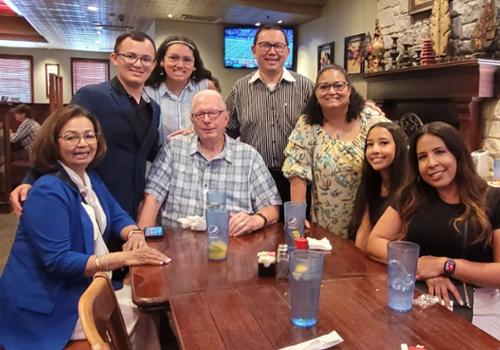
As he looks ahead at what’s next, Hester plans a quiet holiday with family and hopes to visit Colombia with his grandmother in early 2025.
He will continue his part-time job in the paint department at Home Depot, too. Not only does it provide spending money and travel funds, but it also connects Hester to his love of the sciences. Formulating and mixing paint involves chemistry and physics. “I’m seeing academic concepts in action at Home Depot,” Hester said.
After a gap year, Hester will attend graduate school and eventually wants to earn a PhD in computational biography or biomedical sciences. Ambitions driven by a desire to find a cure for Rheumatoid Arthritis and a more comfortable life for his mother and other afflicted with the disease.